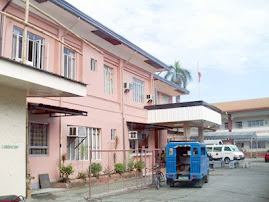 EARLY BEGINNING AND PERTINENT LEGISLATION IN DIFFERENT COUNTRIES OF THE WORLD
EARLY BEGINNING AND PERTINENT LEGISLATION IN DIFFERENT COUNTRIES OF THE WORLDAs early as 1860, a French physician advocated a special branch of hygiene devoted to promoting the health of infants and children. Under the term puericulture,knowledge about the nutrition and development of small children was extended in France, Germany and England. In France, infant consultation centers were widely established. These clinics were set up under the authority of local public health agencies.
Great Britain enacted a Maternity and Child Welfare Act in 1918. In the United States, the Sheppard-Towner Act of 1921 authorized federal grants to the states to finance the establishment of well-baby clinics and pre-natal clinics for expectant mothers. Although this US legislation was terminated in 1929 because of opposition from the organized medical profession, it was reinstated in 1935 as a section of the US Social Security Act.
AS PART OF MATERNAL AND CHILD HEALTH (MCH) LEGISLATION
Recognition of the importance of this maternal and child health (MCH) legislation was underscored by its definition as a special title within the Social Security Act, separate from all the other provisions.
Since the end of World War II, MCH legislation has become a standard feature of the health laws of virtually every country. Under official policies, the provision of routine examinations, immunizations, nutritional counselling, and often treatment of minor illness, has become a prominent service given at community health centers and small health stations everywhere. Several countries have enacted legislation defining MCH services very broadly, to encompass not only the health protection of infants and mothers, but also the health of school children, adolescents, the extension of family planning, and the education of health personnel on these matters.
In Italy for example, a Regional Law of 1979 calls for general preventive health services to mothers and children, multidisciplinary specialized services, emergency obstetric and neonatological care, refresher training for pediatric personnel, and encouragement of breast feeding. Legislation in Bolivia details requirements for MCH services at primary, secondary and tertiary levels. The quality of care by traditional birth attendants and health promoters is regulated. Agencies providing this care must be licensed and supervised by the Ministry of Health. Mothers are ensured legal protection during their reproductive life and the internationally recognized rights of children" are protected.
.jpg)
.jpg)



No comments:
Post a Comment